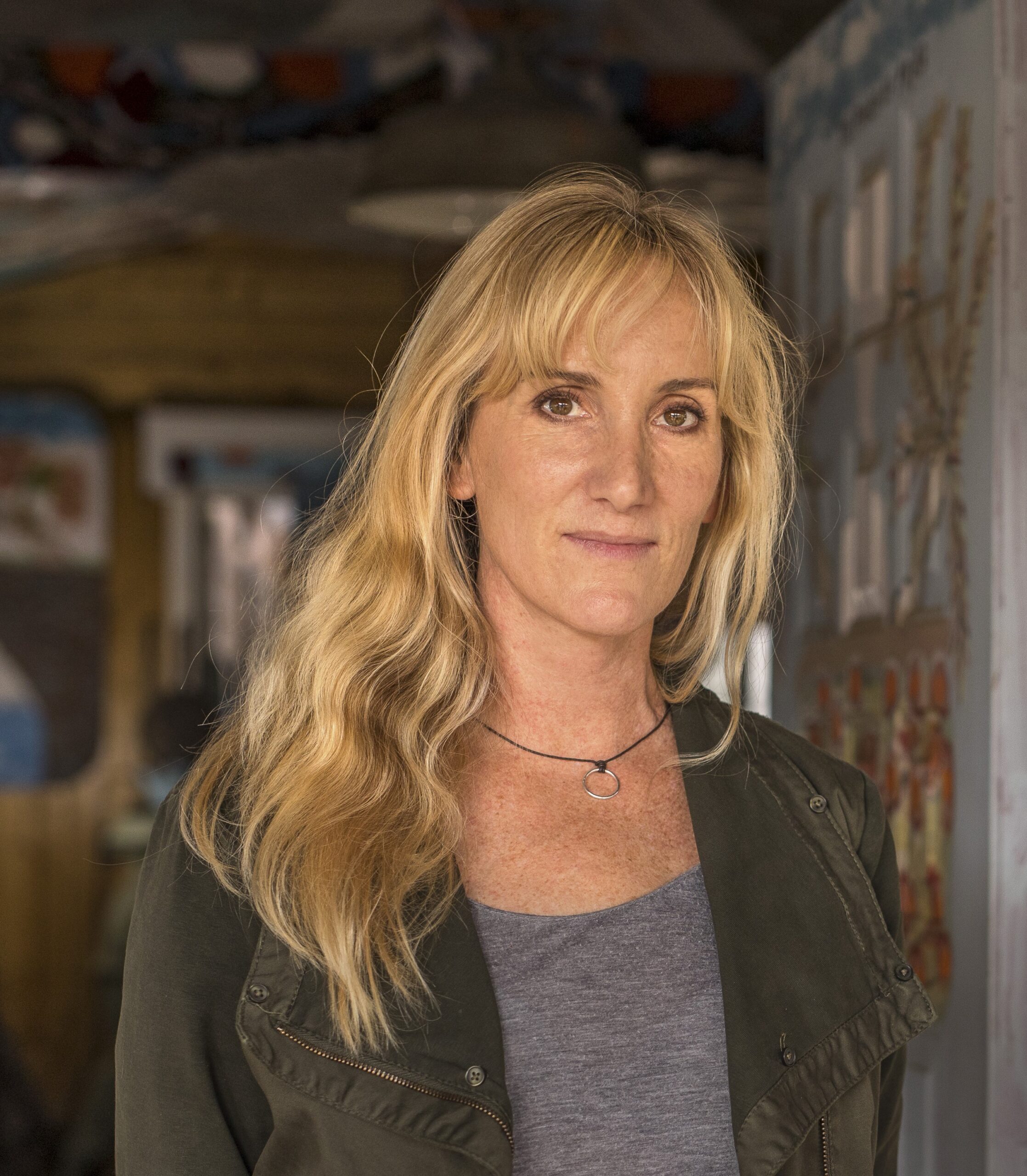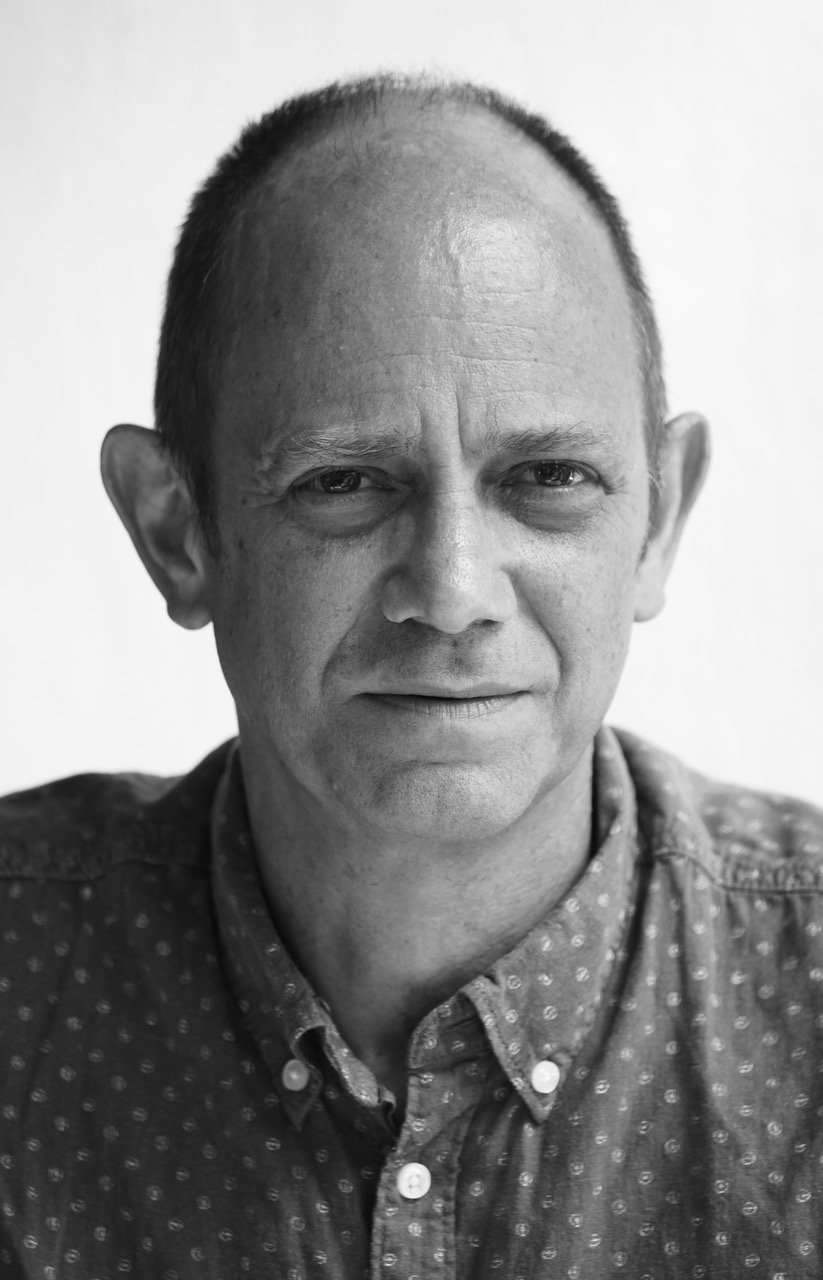Jamie Quatro, American novelist and short story writer, will judge The Plaza Short Story Prize (2500 words max) in 2024.
Jamie Quatro was born in 1972 in Chattanooga, Tennessee, Quatro earned her MFA from Bennington College.
Her debut collection, I Want to Show You More (2013), was widely acclaimed for its daring exploration of infidelity and spiritual yearning. The collection was a finalist for the Los Angeles Times Art Seidenbaum Award for First Fiction and was longlisted for the Frank O’Connor International Short Story Award.
In 2018, Quatro released her first novel, Fire Sermon, which follows a woman grappling with a passionate extramarital affair while questioning the role of faith and desire in her life. Her latest novel is Two-Step Devil. It will be released in October 2024. Praise for the novel:-
“Just as the Prophet makes art out of detritus, Quatro alchemizes gloomy subject matter into transcendent beauty . . . Quatro writes with the musicality and command of a mystic poet. Her sentences are also propulsive; the novel is a page-turner that leaves readers feeling deeply invested in the fates of the Prophet and Michael, individually and together . . . Theologically avant-garde and emotionally supple, Two-Step Devil is a Southern Gothic novel for fans of Denis Johnson, Frank Stanford and Wendell Berry. Like her forebears, Quatro wrestles with what it might look like to find and embrace a living faith in the modern world.” — New York Times
“Two-Step Devil is in part an unusual father-daughter story, as Ms. Quatro embroiders a fragile and very sweet relationship between the outcasts . . . Intimately evoked . . . Ms. Quatro is a rare novelist for whom a religious belief in good and evil is not merely a plot device but a genuine guide to describing reality.”— Wall Street Journal
“In Jamie Quatro’s fiction, a person is a burning thing: a voracious creature, hot with emotional, sexual and spiritual needs; prey to the squalid demands of embodied existence…I can’t shake the sense that the pages feel warm to the touch. I see, in my mind’s eye, her sentences threaded with muscle and sinew, letters glistening with sweat and blood . . . Across Quatro’s oeuvre, there is no forgetting that selfhood is material: pulp and tissue and cuts . . . If Quatro has written a song for the frail fleshsack, she has, too, intimated humanity’s cowardice in storytelling, the entwined ‘horrific and beautiful’ realities we balk at, and in desperate self-preservation, refuse to witness.”— Washington Post
Jamie is a fantastic writer, and is represented by arguably the best literary agent in the business, either side of the Atlantic, Anna Stein at CAA. For more details, and a picture of a sheep with red horns please go to: https://jamiequatro.com/tsd
OPEN FOR ENTRIES NOW. The Plaza Short Story Prize (2500 words max). Judge: Jamie Quatro. 1st Prize: £1000 ($1250). Deadline: 30th November 2024.








